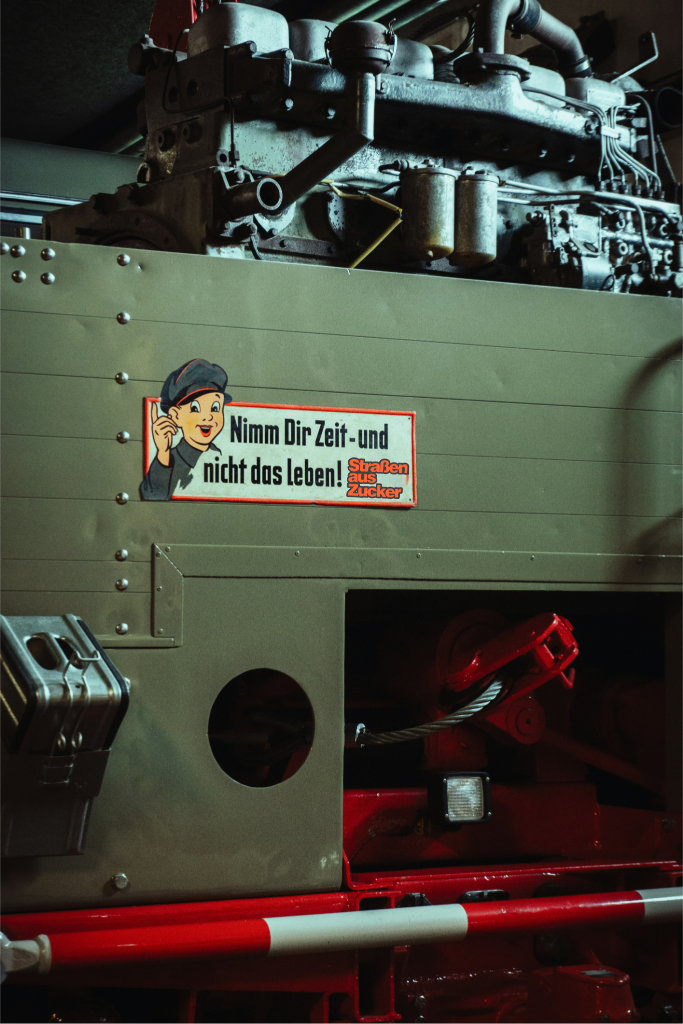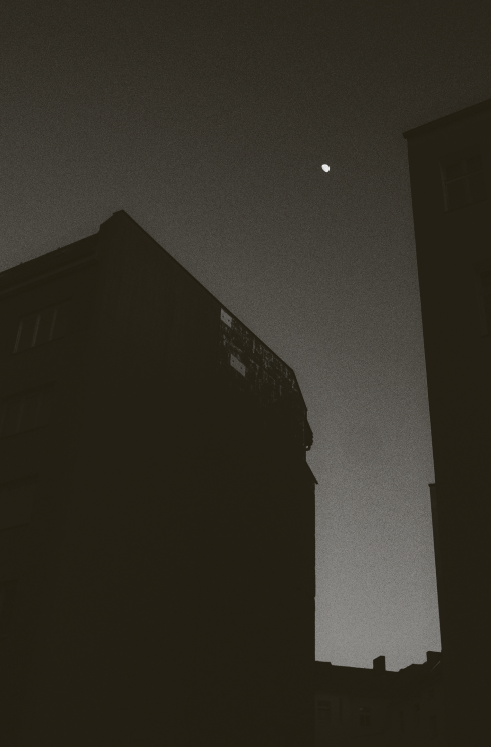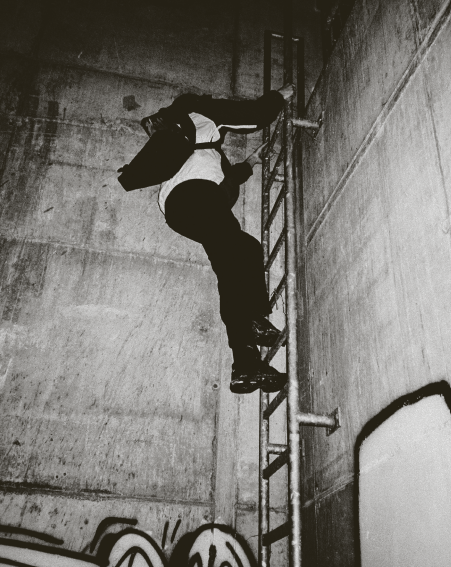They marched over 600 kilometers on foot before reaching Berlin in October 2012. The long tour started in March 2012, after initiating a public campaign in Würzburg. On their way to Berlin, they made several stops at various asylum-seeker residences in different German towns. After arriving in the capital, the refugees set up a protest camp on „Oranienplatz“, a central square in the district of Kreuzberg. The protest camp has been in existence ever since, a center and symbol for the current refugee protests against Germany’s racist asylum policies. One central aim is to get rid of the “Residenzpflicht” („Obligation to residence“) – a German-specific law that limits asylum seekers’ movements to a designated local area and prevents them from traveling even small distances. It has been abolished in some German states, but is still in existence in others. Moreover, the refugees want all „Flüchtlingslager“ (houses for asylum seekers) to be closed, as these houses are usually located far away from public infrastructure, cities, transportation, and healthcare. This isolation also makes the refugees more vulnerable to racist attacks. In addition to the camp in Kreuzberg, refugee activists have occupied a nearby empty school last December. It is now used as a shelter for the so-called „refugee strike“. In the following interview Napuli, an active protester in the camp, shares her personal experience of migration and her struggle in the current refugee protest movement.
The interview was conducted in the spring of 2013.
Why did you flee from your home country?
The reasons are the multiple problems there. In Sudan, I was working in a human rights organization. But journalists over there get criminalized. So there are a lot of reasons why I left.
Were you politically active before you came to Germany?
I was a bit political because I was active for human rights. And of course I was against the politics in my country.
How long have you been here and why did you decide to come to Germany?
I have been here since July last year. I did not choose Germany. I always knew that this is not a good place for me. It was because of the connections I had to a few people, but we know the history of Germany. Germany does not want us. They give us a cage. We feel like fish in an aquarium: You swim and swim until you get tired. Either you go crazy or you die. All the time, you’re in that cage. All you can do is eat and sleep, eat and sleep. That is what they want us to do.
What‘s your legal status?
I don’t know, I have to wait. I don’t have any papers since nine months. Nothing, all I can do is wait. The worst thing is that I don’t know how long this will continue. They told me that six month is the maximum time until a decision will be made about my asylum status. After that you either get your papers for temporary residence or you have to leave the country. But I have been waiting since nine months now. Oh my God, maybe I’ll have to wait for another 20 years, I don’t know. I don’t want this any more. Always waiting, waiting, waiting. That is the reason why I am out here in the camp.
How do you handle the fear and the danger due to violating the „Residenzpflicht“ law?
Our protection is the publicity. I am not scared any more. The police leave us alone. One time at the beginning of the camp, a policeman came here to see our papers. We all went up to the street. But the police wanted to come into our tents. We asked them for the reason, because the tents were empty. But the police did not want to listen to us and went into the tents anyway. Nobody was there. They were very angry and left. It was kind of confusing. Since then they are not here so often anymore and do not come into our tents.
This kind of refugee protest is new. What was different before?
We are different, because we don’t just talk. We try to bring our demands onto the streets. All of us here have already broken the law, becaus e we are supposed to stay in the „Flüchtlingslager“ and stick with the „Residenzpflicht“. So you see: We are protesting, we are in action, simply by being here. But there are also a lot of protests and actions which we start from this camp. We tell all our people: Break the residence law! It is your right to go outside, it is your right to move. Nobody should be able to take this human right away from us. This is what makes us different: We claim our rights and go out onto the street and stay there.
How does a typical camp day look like for you?
I am very busy because I am the only woman in the political organizing group. Of course there are a lot more women here, but they are not organized politically. Most of them only need a place to sleep. Every day there are a lot of appointments – for a lot of people it is important that I join in because I am a woman. Moreover, I speak English, so I do a lot of translating. It is very exhausting.
Is it difficult for you as a woman in this movement?
Very very hard. Sometimes I have the feeling that the others want to make me angry. Then it gets very complicated to get along with them. Some tell me I should go back into the kitchen to the other women. But I get increasingly accepted, even though I had to work hard for it.
How is the situation in school?
About 200 people are sleeping in the school. Some sleep in the corridors because all rooms are full. Besides that there is not a lot going on in the school. The school is mostly for sleeping because we all eat in the camp. The meetings and plenary sessions are at the camp as well. That’s where the main point of our protest is and where we are visible to the public.
Are there any conflicts in the camp?
Of course there are conflicts, mostly personal ones. But that’s normal. This is our movement: We have different political ideas, so sometimes it is very complicated. We have to understand each other, not only linguistically. But somehow it works anyway. We all fight together for our rights. Nobody asks me if I can manage this. But I do not want to be a fish in an aquarium anymore. I want to fight. For us and all the other people that can’t be here right now.
What kind of positive and negative reactions did you get from the local residents in the neighborhood?
The reactions were partly very aggressive. The people think: Who are these people and what are they doing? But by now they are getting friendlier. A lot of people actually help us. They let us take a shower or wash our clothes. People bring clothes and food to the camp. Certainly, some people still don’t want to have us around. They want to have room for their kids to play, our camp is disturbing them. I think they should join us and fight for our rights – then they can have the Oranienplatz back. It’s not in our interest to live here either.
How can we help your struggle?
Right now we need financial help. But we also need people to cover shifts at our info point. It is also very helpful to visit us and talk to us. Through that we see people and get the feeling that they are there for us. It is important that everybody knows about our protest. That everybody knows why we are fighting. If more people know about us, then the people that are politically responsible for our situation receive more pressure.
Thank you for this interview.
For further reading


